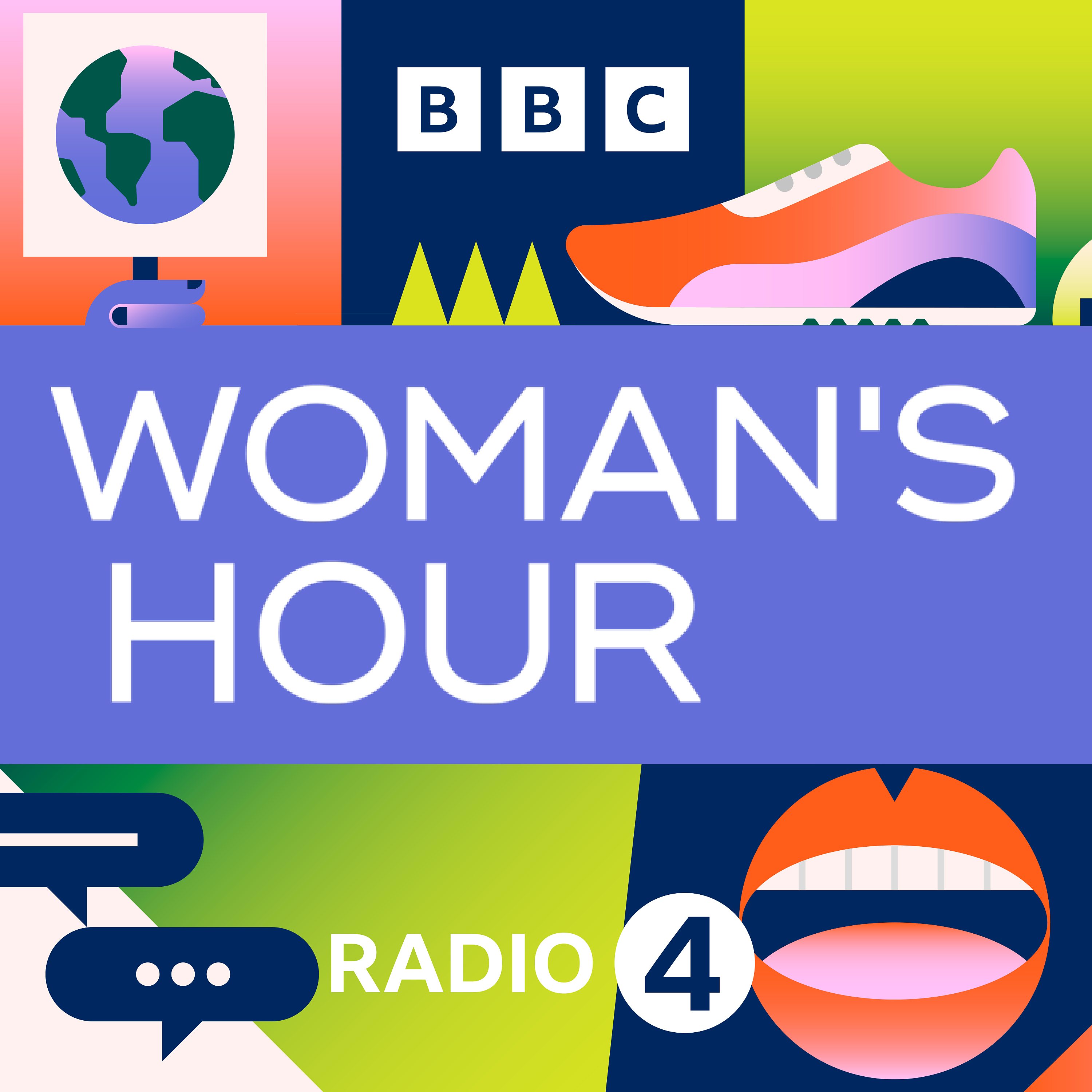- Other
- SEE MORE
- classical
- general
- talk
- News
- Family
- Bürgerfunk
- pop
- Islam
- soul
- jazz
- Comedy
- humor
- wissenschaft
- opera
- baroque
- gesellschaft
- theater
- Local
- alternative
- electro
- rock
- rap
- lifestyle
- Music
- como
- RNE
- ballads
- greek
- Buddhism
- deportes
- christian
- Technology
- piano
- djs
- Dance
- dutch
- flamenco
- social
- hope
- christian rock
- academia
- afrique
- Business
- musique
- ελληνική-μουσική
- religion
- World radio
- Zarzuela
- travel
- World
- NFL
- media
- Art
- public
- Sports
- Gospel
- st.
- baptist
- Leisure
- Kids & Family
- musical
- club
- Culture
- Health & Fitness
- True Crime
- Fiction
- children
- Society & Culture
- TV & Film
- gold
- kunst
- música
- gay
- Natural
- a
- francais
- bach
- economics
- kultur
- evangelical
- tech
- Opinion
- Government
- gaming
- College
- technik
- History
- Jesus
- Health
- movies
- radio
- services
- Church
- podcast
- Education
- international
- Transportation
- kids
- podcasts
- philadelphia
- Noticias
- love
- sport
- Salud
- film
- and
- 4chan
- Disco
- Stories
- fashion
- Arts
- interviews
- hardstyle
- entertainment
- humour
- medieval
- literature
- alma
- Cultura
- video
- TV
- Science
- en
I May Destroy You

Michaela Coel\u2019s new drama \u201cI May Destroy You\u201d on BBC 1 is receiving rave reviews on Twitter and in the papers. The story centres around a writer called Arabella who is drugged and sexually assaulted but has no recollection of the assault except in flashbacks and has to piece together what happened to her. How effective is the way the story is told and what questions does it raise about consent, relationships and the portrayal of women\u2019s everyday lived experience on screen? To discuss the series, Jenni is joined by Weruche Opia who plays Bella\u2019s best friend, Terry, Zing Tsjeng, executive editor of Vice UK and the poet Vanessa Kisuule.\t
The children\u2019s charity Barnardo\u2019s has seen a 44% increase in the number of children who need foster care during the coronavirus pandemic. This, coupled with a fall in potential foster carers coming forward, is creating what they call a \u2018state of emergency\u2019. Vulnerable children who may have experienced neglect or abuse are now having to wait to be placed in foster families. What can be done? Jenni speaks to Brenda Farrell, Head of Fostering at Barnardo\u2019s.
Ukrainian chef, food writer and food stylist, Olia Hercules tells the story of a part of Ukraine\u2019s culinary history that is disappearing. Summer kitchens are little buildings in the vegetable garden where produce is prepared and eaten during the warmer months, and surplus food is pickled and preserved for the long winters. Olia joins Jenni to talk about the food of her childhood and discuss how to Cook the Perfect\u2026 Beetroot leaf rolls with buckwheat and mushrooms.
Covid 19 has introduced a number of new terms to public debate - the key worker is perhaps the most important one. It turns out that the most essential workers are predominantly women, and many of them employed in low paid work in health and social care as well as cleaning and supermarkets. In her new book, Feminism and the Politics of Resilience, the sociologist Angela McRobbie argues that these and other disadvantaged women have become increasingly trapped in low-paid and casualised work which offers no possibility for progression or promotion. And the kind of feminism we\u2019ve seen promoted in the last decade, which has emphasised individual resilience, hasn\u2019t helped. Middle class and often white women have been exulted to lean in and achieve more at work and in motherhood, while low-paid women to be shamed for lacking resilience. So, have we become distracted from recognising the social and economic forces that shape women\u2019s lives? Jenni discusses with Angela McRobbie and Zoe Williams, Guardian columnist.
Producer: Louise Corley\nEditor: Karen Dalziel